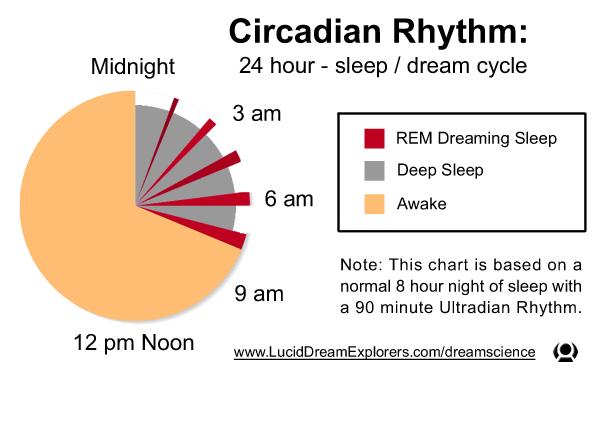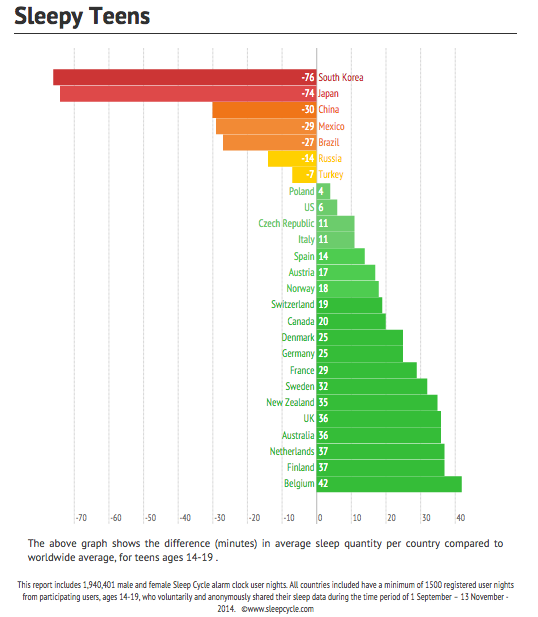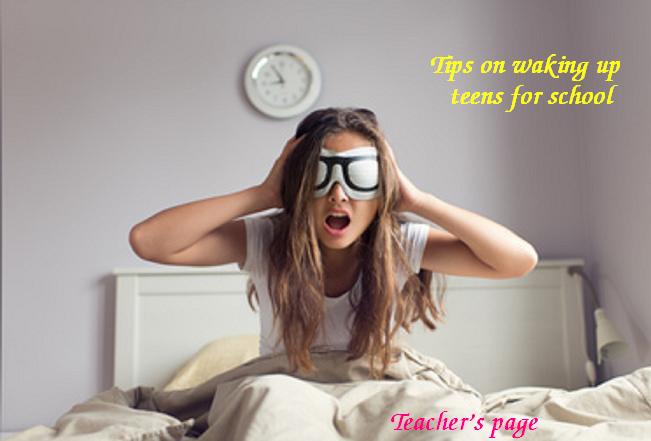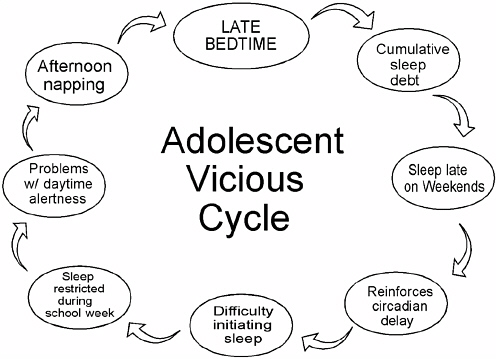
UCLA Sleep Disorders Center is a recognized leader and pacesetter in the clinical practice of sleep medicine and sleep research.The UCLA Sleep Disorders Center has continuously been accredited by the American Academy of Sleep Medicine and takes great pride in providing outstanding patient care and leadership in sleep education and …
May 22, 2017 · Sleep is an important part of your daily routine—you spend about one-third of your time doing it. Quality sleep – and getting enough of it at the right times — is as essential to survival as food and water. Without sleep you can’t form or maintain the pathways in your brain that let you
Most consumers are aware that cannabis can help you get a good night’s sleep, but there’s a lot more to that relationship than you might think.

Babies do not have regular sleep cycles until about 6 months of age. While newborns sleep about 16 to 17 hours per day, they may only sleep 1 or 2 hours at a time.
Sleep Problems. What’s there to know about sleeping? Sleep problems are some of the most common problems parents face with their s. You may wonder about how to get your to sleep through the night.




Why is your teen so tired? Teen sleep cycles might seem to come from another world. Understand why teen sleep is a challenge — and what you can do to promote better teen sleep.
Sleep is important for health and wellbeing at every age. Babies are biologically programmed to sleep more lightly and wake more than adults. Read more.

Throughout your life, you’ve probably been told how important sleep is for your body. Check out this infographic for more details on how technology affects your sleep – and what to avoid doing to get the best sleep possible for your body.


Learn how many minutes to doze to feel happier and more alert. To nap or not to nap: That is the question! You may think that taking a catnap will make you feel more tired than skipping it altogether, but that’s not necessarily true. The key to waking up refreshed from a nap is all about timing
You say you are able to function well with fewer than seven hours of sleep. Some people say they can function on four to six hours of sleep each night, but research shows that adults who get fewer than seven hours of sleep — whether for just one night or over the course of days, weeks, or months — have more difficulty concentrating and more
